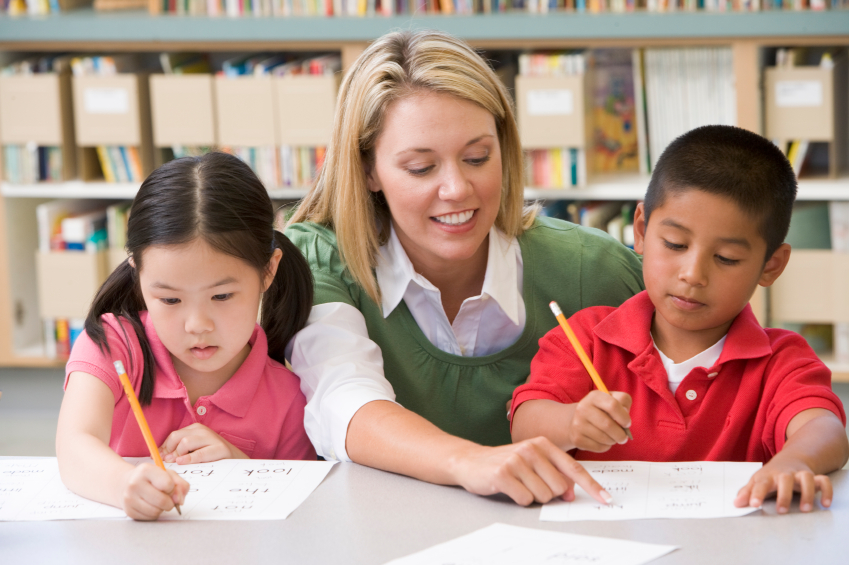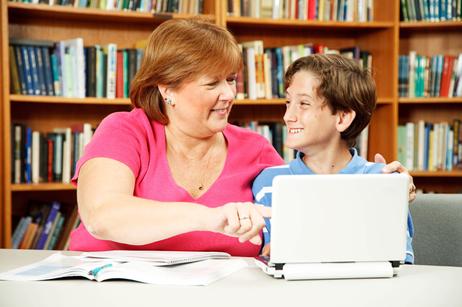In an effort to provide families with a disabled child more choices with regard to their child’s education, some cities and states have implemented school voucher programs that provide taxpayer assistance to pay for a child’s private school education. Doing so, supporters say, gives special needs children an opportunity to get a high-quality education at a school their families may not otherwise be able to afford. Yet, detractors of such programs maintain that private schools are not held to the same standard as public schools when it comes to providing special education services. Specifically, some parents worry about the implementation – or lack thereof – of the Individuals with Disabilities Education Act in private school settings.
What is IDEA?
The Individuals with Disabilities Education Act is a federal law that governs what public schools must do to meet the needs of children with disabilities. As mandated by IDEA, students with disabilities are guaranteed a Free Appropriate Public Education (FAPE) in the Least Restrictive Environment (LRE). Essentially, this means that public schools must make necessary accommodations such that students with physical, mental, developmental or emotional disabilities can learn with the same degree of ease as regular education students. These accommodations can vary widely, from more time to take a test to have specialized technologies or classrooms made available for students with disabilities.
This video offers an explanation of IDEA (Individuals with Disabilities Education Act ).
Accommodations for disabled students are outlined in the student’s Individualized Education Plan (IEP), which also includes educational goals and summarizes how a student will engage in the regular curriculum. The IEP is developed by the student’s teachers, special educators, administrators, and parents, and must be completed before the child can begin to receive services. IEPs are updated each year to reflect the student’s growth and changing needs.
What Are Vouchers?
School vouchers are essentially state-funded scholarships that pay for a child’s expenses related to attendance at a private school. Vouchers can be obtained by a wide variety of students, although subgroups that are typically underrepresented – such as those with disabilities or those who are poor – tend to be targeted by states to be recipients of vouchers. Although voucher systems have been in place in many states for decades, it remains a topic that is hotly debated.
Benefits of Vouchers
Supporters of vouchers argue that their primary benefit is that parents have more flexibility in determining which school their child attends. For parents of children with disabilities, this can mean the difference between their child attending an average neighborhood school, or an academically robust school elsewhere in the city. Furthermore, supporters maintain that the increased competition created by giving families the choice of schools is good for improving education at all schools: low-performing schools are either forced to improve their performance or risk losing students and funding, to other schools.

One benefit of private schools that is particularly attractive to special education students is the smaller class size. More one-on-one time with a teacher can often make an enormous difference for a student who struggles. And many private schools have become specialized providers of special education services, particularly for students who have an Autism spectrum disorder. Providing the ability to attend a specialized school with faculty and staff that are specifically trained to work with special needs kids is another great benefit of the special education voucher system.
Disadvantages of Vouchers
Parents of children with disabilities argue that private schools are not held to the same standard as public schools with regard to special education services, as IDEA is not typically applied to private schools. As a result, the public school district a voucher student would normally attend is still responsible for developing, implementing, and monitoring a special needs student’s IEP, even though that child attends a private school.

Additionally, a primary concern with school vouchers is that they divert funding away from public schools – which are responsible for the education for the vast majority of students with disabilities. While “choice” is often pointed out to be the greatest benefit of the voucher system, critics assert that in actuality, private schools gain the choice - not families - because schools get to decide which students are granted admission. In that scenario, a special needs student might be denied admission because they don’t meet a private school’s academic standards.
Furthermore, with less oversight by state and federal education officials, private schools may not deliver optimal programming to students with special needs. In fact, a report by the Thomas B. Fordham Institute revealed that in Florida, the vast majority of special education vouchers came with little or no oversight. A majority of students who attend private schools as part of the special education voucher system are not required to demonstrate achievement on Florida’s state assessments. Many schools are not required to maintain academic standards for disabled students, nor are they required to make data regarding student achievement publicly available. For critics of the program, this points to a widespread lack of accountability for schools and a lack of a quality and equitable education for special needs students.
The divide between supporters and detractors of school vouchers is not likely to disappear any time soon. In the interim, schools, parents, and government officials need to maintain their focus on what is most important – providing the best possible education and related services to all students. Whether that is up to a public school or a voucher-funded private school is ultimately up to individual families.
Questions? Contact us on Facebook. @publicschoolreview












